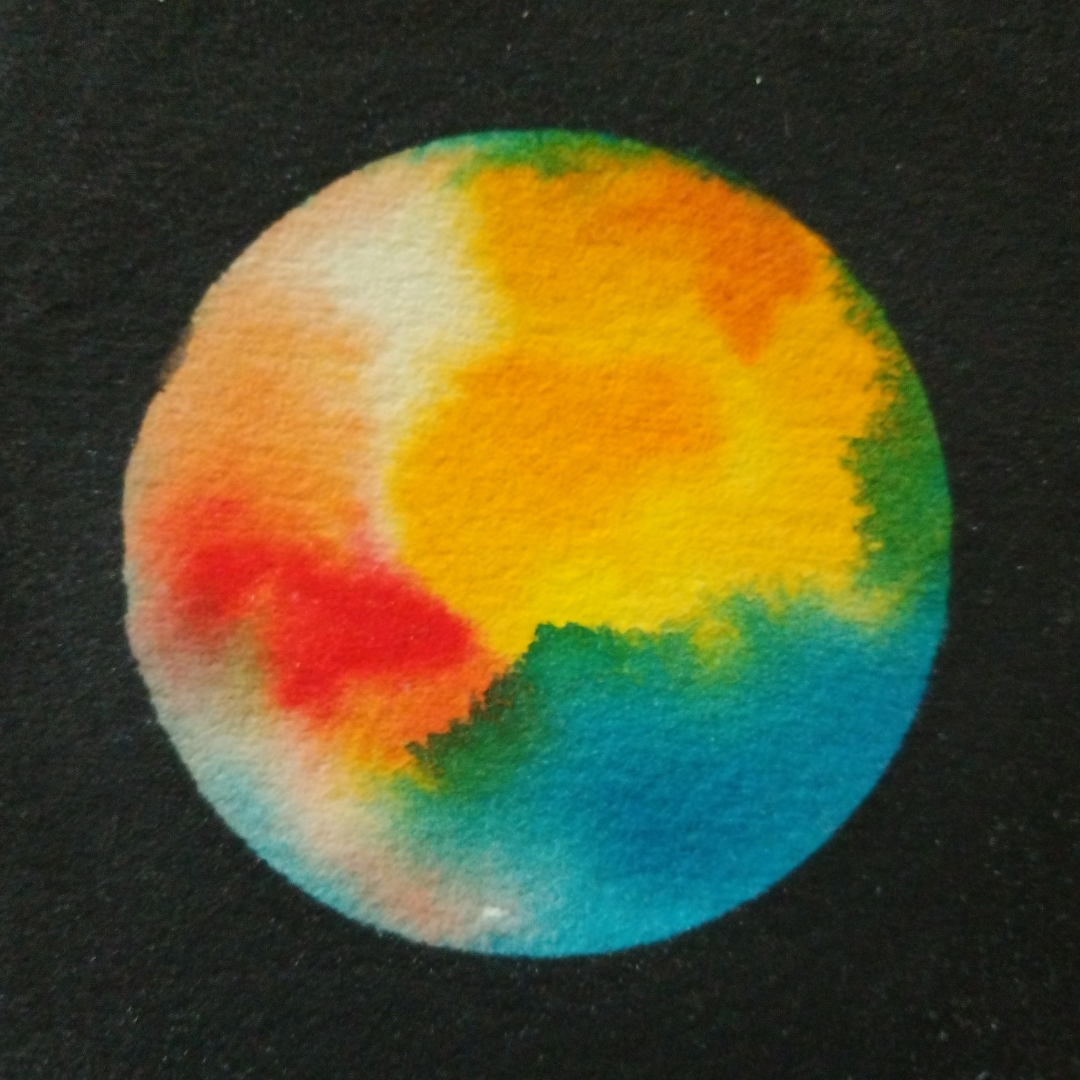Generative Conflict Starter Kit

Earlier this week, I was honored to present my framework for navigating complex conflict across differences of privilege and identity at the (newly named!) Equity in Education Center’s Community Luncheon at the Lynnwood Event Center.
Supporting mission-driven individuals and organizations to use conflict as one of their greatest resources is emerging as a key component of my work. As a result, I’ve created a free starter kit available now on my website where I share the information I covered in my presentation earlier this week and more.
Click here to access my free Generative Conflict Starter Kit
It includes about 55 minutes of video content and seven reflection questions that I hope will be help you establish a generative relationship with conflict in your personal and/or professional life.
I’d like to take the rest of this newsletter to outline some of my assumptions about conflict that my this starter kit relies on.
My message for these times: Conflict can be one of your most valuable resources in actualizing your goals and/or mission.
How could that be? Isn't conflict usually the thing that stops us from achieving our goals?
It can be. The thing is, not all conflict is the same.
There are two general kinds of conflict: generative and extractive.
Extractive conflict is the kind we're afraid of. It depletes our energy, makes us feel like we're just going in circles, and generally acts as a barrier to our long-term goals.
Generative conflict energizes us. It provides new insights into how we actualize our dreams. It can be among our most valuable assets - right up there with our financial resources.
But the thing about generative conflict is that it doesn't just happen on its own.
We have to build cultures that support it, learn tools for navigating it, and take time to integrate the learning that comes out of it.
I think there are a few myths about conflict that stop us from using it well:
1) Everybody involved in the conflict needs to be present to work on it.
Not always. There are definitely cases where this is true. But there are also cases where it's not. You can do a lot of work to move a conflict along without any participation by the other side.
2) We should only work on conflict when it's no longer possible to ignore it.
The opposite is usually true. If you can develop a culture and sensitivity for noticing the early signs of conflict (which people pretty much always ignore - especially in the Pacific Northwest), you can address it early, to everyone's benefit.
3) Conflict must indicate we're doing something wrong.
Conflict is a symptom of being in relationship. Its very existence means you're doing something right. It's true that certain kinds of conflict can indicate problems. But conflict used well nearly always points toward a solution you'd never discover without it.
I also think there are a few common pitfalls of mainstream conflict approaches:
1) They often lack the complexity needed for dealing with conflict involving power imbalances related to structural injustice. As a result, they encourage treating all conflict merely as a function or personal or relational issues. Power dynamics related to harmful societal norms either go unaddressed - or, if they are addressed, harmful patterns are reinforced rather than unpacked.
2) Related to #1, they do not include a radical reimagining of the role of leadership, which is essential to any transformative conflict practice.
3) They often do not appreciate that conflict comes in many flavors. As a result, they lack the discernment needed to engage conflict appropriately on a case-by-case basis.
4) They sometimes overemphasize achieving a pre-determined outcome in a set amount of time.
I like to say that conflict is kind of like a chef's knife. Without skill, it can be dangerous. With skill, it makes your best work possible.
Do you know a mission-driven organization or individual that might be interested in developing a generative conflict practice? Please consider sharing my information with them. I'd love to hear more about their work and see if I might be of any support.
What do you think of conflict or anything I’ve shared here? Send me your thoughts at james.boutin@mailfence.com
Send you all lots of LOVE during these mysterious and challenging times.
James Boutin
www.jamesboutin.com
Did someone forward you this newsletter? Click here to subscribe.
Upcoming Events
"Working With the Live Wire of Oppression”
A 90-Minute In-Person Workshop
Presented at The Convening 2025: Our Liberation Is Tied
Highline College, Des Moines, WA
February 8, 2025
